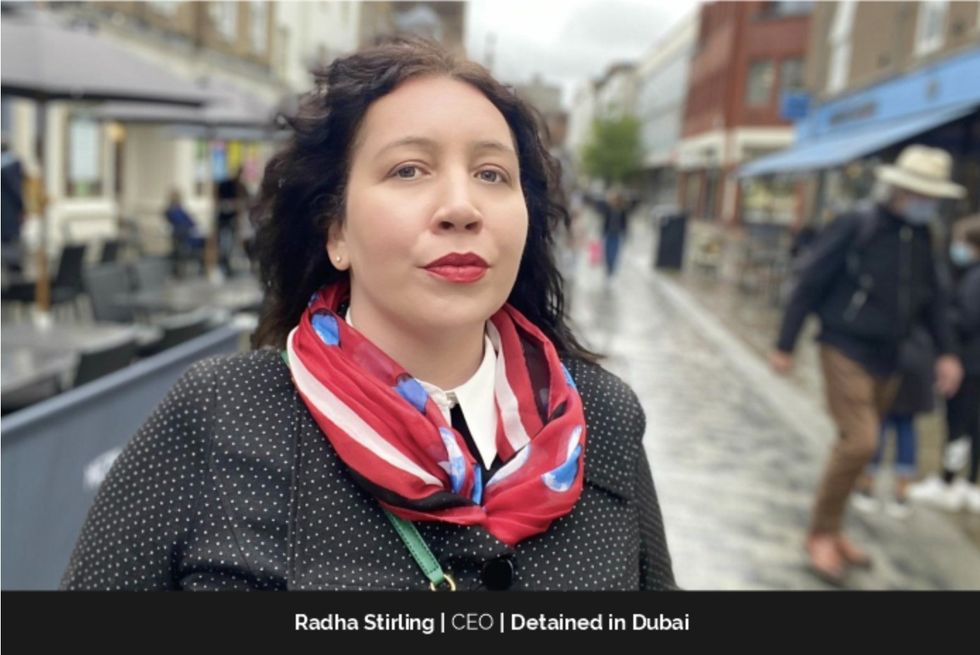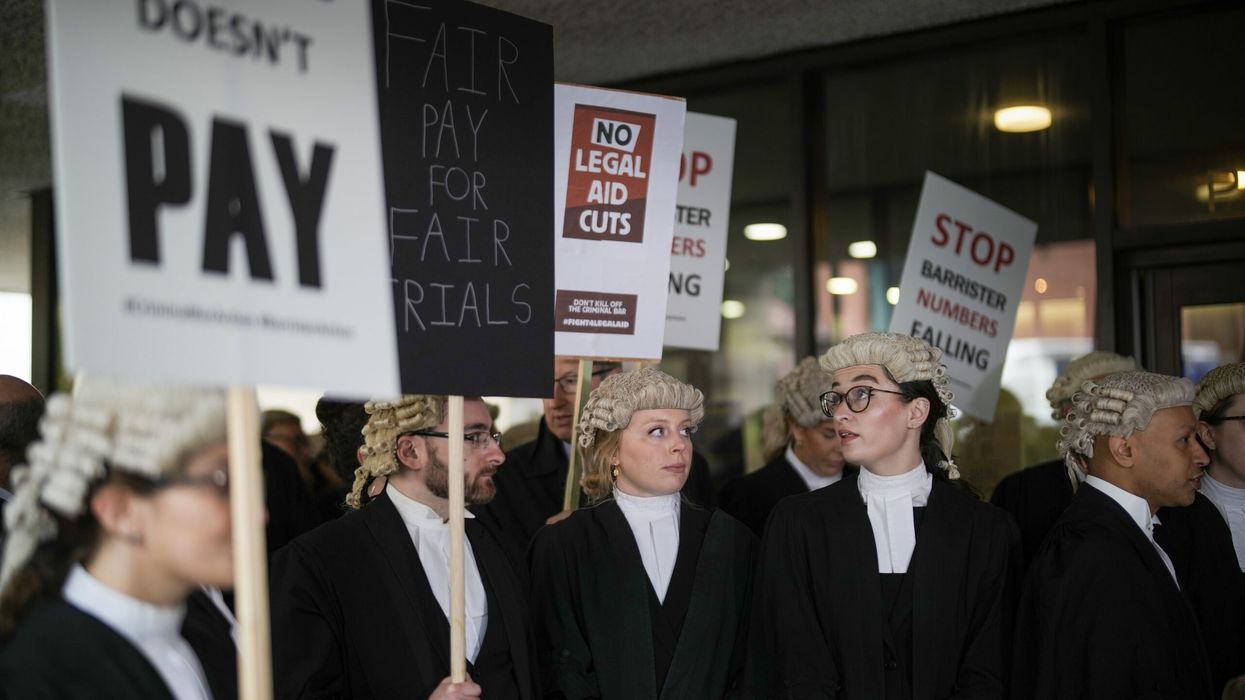LEADING lawyers have warned about the crisis in legal aid affecting people seeking justice.
They have voiced concerns after a damning report said government spending on legal aid plummeted by £728 million between 2012-13 and 2022-23.
The findings by the National Audit Office (NAO) also criticised the Ministry of Justice (MoJ) for lacking understanding of the demand and the capacity of overstretched law firms.
Researchers said it cannot be ensured that legal advice is available to everyone and civil legal aid fees are half what they were 28 years ago.
Barrister Jasvir Singh CBE said since the Legal Aid, Sentencing and Punishment of Offenders Act (LASPO) 2013 cut legal aid in many areas of law, the impact has been felt throughout the justice system.
He told Eastern Eye: “Hearings where there are no lawyers take much longer for a judge to deal with, and that means there are long waiting lists at court.
“We just don’t have enough judges to hear court cases, although the MoJ is doing its best to fix that.
“The fees that lawyers are paid under legal aid have not increased since 2013.
“Many people may not have much sympathy for this fact, but legal aid lawyers are a third poorer now than they were in 2013.
“Given the cost of living crisis, it’s no surprise that so many legal aid lawyers have left the profession or taken up privately paid work instead – that then adds to the waiting lists, as the lawyers simply aren’t around in the same numbers as they were in 2013.”
Previous research showed the number of people without a legal representative at court increased from 42 per cent in 2012 to 64 per cent in 2018.

Singh, a family law barrister, added: “The English justice system prided itself on being the best in the world, and many people around the world would want their cases heard in England and Wales because they felt they could truly get justice here.
“Sadly, the legal aid cuts and other funding cuts to His Majesty’s Courts and Tribunals Service mean that we are no longer a world-leading model of justice. A lot needs to be done to repair this situation.”
The NAO report said it was concerning that the MoJ “continues to lack an understanding of whether those eligible for legal aid can access it, particularly given available data, which suggest that access to legal aid may be worsening.”
It called for the government department to take a more proactive approach to ensure legal aid is available to all those who are eligible.
Radha Stirling, a criminal and civil justice expert, told Eastern Eye: “Justice in the UK is prohibitively costly and the new move further cripples individuals who need it the most.
“Police services have significantly reduced and many complaints are dismissed due to a lack of resources, leaving people with civil claims as their only recourse.
“This is especially true for cases of criminal harassment, stalking and financial crimes like fraud.
“If individuals can’t access the police and can’t access civil justice due to the government’s cutbacks, this is unacceptable.
“Access to justice is the foundation of a democratic society.”
Amjad Malik is a family and immigration law in Rochdale, Greater Manchester.
He said: “At least there is realisation that all is not well with legal aid system.
“It is satisfactory that MoJ has noted whilst overseeing spending reduction, realising that the system is failing those self representing in family law cases.
“I agree that the MoJ must take a proactive approach to identify the emerging market and sustainability issues that legal aid is not only available for all those who are eligible but secure value for money.
“It’s an uphill task, but it is practical and achievable.”
Elsewhere, research published by the Law Society of England and Wales highlighted the crisis facing civil legal aid providers.
All of the housing legal aid providers surveyed said they are loss-making.
And the average fee earner is only able to recover around half of the full costs of providing housing legal aid, the research published in February found.
Law Society of England and Wales president, Nick Emmerson, said: “This vital research reveals the lengths providers have to go to keep housing legal aid afloat in the current environment – routinely working grossly excessive hours and cross-subsidising from other parts of their businesses.
“It’s therefore no surprise that we’re seeing providers exit the market, because they can no longer sustain this approach.
“At a time when the cost-of-living crisis is driving rising numbers of evictions and repossessions, the UK government needs to use its Civil Legal Aid Review to invest in legal aid now before it collapses.”
In response to the National Audit Office report, a Ministry of Justice spokesperson said: “Our priority has always been to ensure legal aid is available to those who need it most – evidenced by the fact that in the last year alone, we have spent nearly £2 billion helping people facing legal difficulties, including thousands of families and domestic abuse victims.
“[In February], we announced proposals for a £21.1 million pay boost for Criminal Legal Aid lawyers and we have already increased most criminal legal aid fees by 15 per cent – ensuring representation is available when needed. This is on top of our ongoing root-and-branch review into civil legal aid.”




